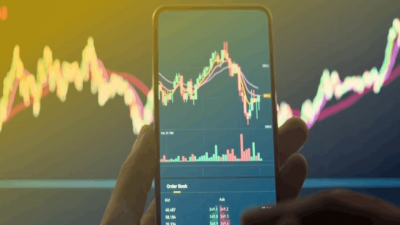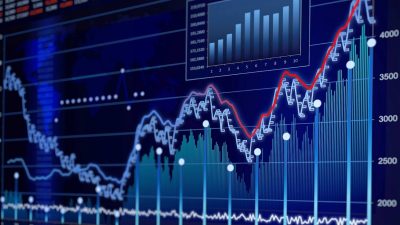The British pound or the pound sterling is one of the most financially and economically important currencies in the world. It’s the fourth most-traded currency in terms of trading volume and it’s the third most widely held reserve currency.
The pound was once the world’s Cryptocurrencies News most dominant currency before the US dollar. After the World War II and the breaking up of the UK global empire, the pound lost its preeminence in the 1940s but retained its global relevance.
The Bank of England
Behind the pound is the Bank of England, the UK’s central bank. Although most western central banks view inflation control as the primary mandate, along with maintaining some levels of economic growth, the Bank of England has explicitly followed a policy of targeting 2% inflation rate.
Economics behind the British Pound
The UK has enjoyed consistent though not spectacular growth for most of the past two decades. Inflation has been an intermittent issue, running as high as 8% in the early 1990s. It then traded at more reasonable levels within the last two years.
Although Forex Brokers List the UK (still technically belongs) to the European Union, at least before its official Brexit, it is not a member of the eurozone, or the EU countries that adopted a single currency, the euro. And because of that, it has retained its complete sovereignty over its fiscal and monetary policy.
The UK also has s highly globalized economy. It’s considered to be the second most important financial center of the world. As a result, London is treated as a viable alternative to the US for companies hoping to raise capital minus the expenses and hassle of US regulations.
The UK has historically had pro-business policies. It’s a major global competitor in advanced industries like pharmaceuticals and aerospace.
Even if Britain is the US’s single biggest trading partner, Europe as a whole is a source of both export and import demand.
Therefore, European economic conditions and policies have a major effect on the heath of the UK economy.
What Drives the British Pound?
The British pound, like many other major currencies, is driven by the release of GDP, retail sales, inflation, industrial production, and trade balances.
With the policy of maintaining inflation around 2%, the interest rate decisions and commentary from the Bank of England are tremendously important to how the pound moves in the forex market.
Similarly, traders want to keep abreast of developments in major commodities such as oil, natural gas, and grains. These are considered to be bellweathers for possible inflationary pressure.
Britain is also a major venue for global investing. These businesses and investing flows can surely affect exchange rates.
At the same time, the UK also benefits from a somewhat volatile reputation as a relatively conservative economy.
While this perception sometimes changes depending on which party rules the country, it is generally believed that the UK will target prudent and conservative policies aimed at consistent growth.
It is also worth noting that the British pound is one of the few currencies that is valued more than the US dollar, in that the pound can buy more than one dollar.












Comments